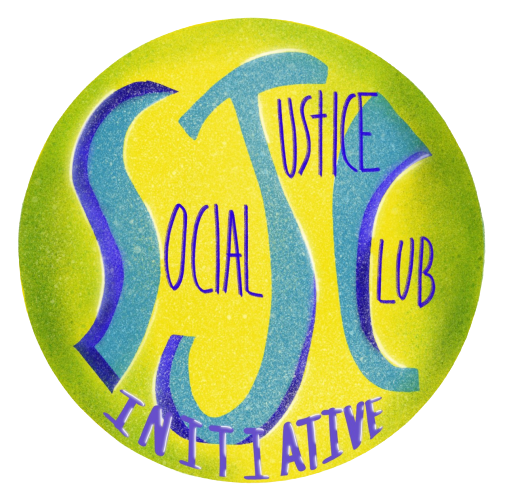Access to Healthcare
An overview
Socioeconomic status is the most powerful predictor of disease, disorder, injury and mortality we have.
Socioeconomic status includes income, education and job prestige.
The predictive power of income alone is perhaps most obvious when considering how long people live.
Poor adults live 7 to 8 years less than those with 4 times the poverty level income
The difference is greater when you factor in race. White people with more than 16 years of education (college degree) live 14.2 years longer than black people who didn't complete high school.
Being born into a poor family is also predictive of reduced brain development. In a study of 8 to 12 year olds, there were fundamental differences in brain function between those kids from poor families and more affluent families. The kids from poor families had lower las and less effective executive reasoning skills (working memory, cognitive flexibility, capacity to readily switch task essential for academic achievement and advancement.
Larger group discussion
Should access to healthcare be a basic human right? Why or why not?
a.What do we lose as a society if we don't provide basic healthcare services to those who are poor?Do you have any ideas as to things that could be done to help those with less access to health care resources?
a. New programs provide temporary housing for homeless patients getting care
b. Mobile health vehicles
c. Online information, self-help, mobile apps
d. Increase access to healthier foods online purchases small market product expansions, healthier food chains
e. Access to exercise online for home instruction, low cost exercise facilities
f. opportunities to use libraries as community health locations
g. Parent education on basic health tips, prevention, importance of good nutrition and exercise
How and why are poor people at greater risk for disease?
Diet and exercise are important for good health. Both are significantly impacted by where you live.
Poor neighborhoods tend to have higher crime rates, lower performing schools, and little access to healthy foods.
It's difficult to exercise in an unsafe neighborhood or to eat well in a neighborhood where healthy foods aren't sold or are too expensive.
Transportation and time factor in. If you're working multiple jobs and have to travel by bus, you don't have time to exercise or perhaps find healthier food sources.
We also know that kids growing up in poverty are more exposed to toxins, noise, turmoil and violence which affect their basic safety and also their brain development.
Discussion — get into small groups
What are the things in your life that enable you to be healthy?
What are the factors leading people in poverty to poor health outcomes?
If you were poor, what are some of the actions you could take to improve your health outcomes? What barriers might you face?
